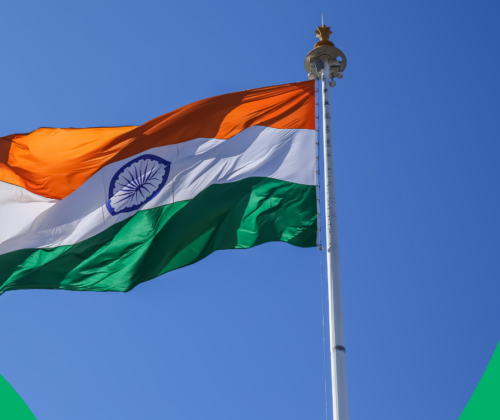Vietnam and other countries in Southeast Asia are “waking up” when international tourism activities are gradually resumed after two years of the frozen statement due to the tremendous impact of the Covid-19 pandemic. Besides setting the willingness to reopen the door to international tourism, the tourism industry recently has paid high attention to the “openness” of entry requirements towards international travelers. In particular, visa policy, entry and pandemic prevention requirements are the key factors directly influencing the recovery journey of the tourism sector.
Are entry requirements in the new normal stringent?
Up to now, countries in Southeast Asia have eased entry and pandemic prevention requirements for international travelers, but the degree of “openness” of these requirements is significantly different among countries.
On March 15, Vietnam officially reopened the door to international tourism and imposed entry requirements that are relaxed and easy for travelers. Specifically, when entering the country by air, travelers are required to present proof of a negative COVID-19 RT-PCR test result within 72 hours and take a Covid-19 rapid antigen test no more than 24 hours prior to the departure. Those entering Vietnam by road, rail, or sea, are required to take a Covid-19 RT-PCR or RT-LAMP test before exiting, like by air if the travel time is short. Moreover, travelers are not required to be re-tested or undergo any quarantine after entering the country.
Meanwhile, the Philippines sets down no-quarantine requirements toward fully vaccinated travelers, and only requires them to show a negative RT-PCR test result taken within 48 hours prior to their departure. However, for individuals that are not classified as ‘fully vaccinated’, they must undergo quarantine at a government facility, as well as take a Covid-19 test on day 5 after your arrival into the country.
Similarly, Indonesia does not require fully vaccinated travelers to undergo quarantine upon arrival, provided they have a negative test result within 48 hours before departure. However, this country still requires an additional Covid-19 test upon entry and after 3 days of stay at the destination.
Regarded as the easiest country with relaxed entry requirements in the Southeast Asia region, Cambodia announced that it will remove the requirement of taking a negative PCR test before departure as well as a Covid-19 rapid antigen test for fully vaccinated travelers.
Thailand has also eased entry requirements for fully vaccinated travelers as there is no requirement to undergo COVID-19 testing before arrival from April 1. However, after entering the country, travelers are required to take a PCR test on the first day and a rapid antigen test on day 5. Moreover, Thailand requires travelers to apply for a Thailand Pass upon arrival into the country by air and land at least 24 hours before departure, book a hotel room with a minimum stay of 1 night.
Visa policy is the key
Visa exemption for international travelers is considered the key to creating favorable conditions for the recovery journey of the tourism sector after two years of freezing. Particularly, Thailand is exempting visas for 64 countries and territories, 170 countries in Indonesia and 157 countries in the Philippines. These countries resumed their unilateral visa exemption within 30 days to facilitate long-stay for international tourists and increase revenue. Meanwhile, as of March 17, Vietnam has resumed visa exemption for citizens from 17 countries, including the US, UK, Japan, Australia, Belarus, India, Cambodia, the Philippines, and the Maldives, Palestine, Turkey, Egypt, Sri Lanka, New Zealand, Singapore, Saint Lucia and South Korea, for up to 15 days without a visa regardless of passport type and entry purpose. However, a 15-day stay could be a “challenge” for international travelers (especially Western Europeans and Americans) due to the fact that these travel markets have a tendency to choose long trips and prefer packed schedules with a myriad of activities at the destination.
It is apparent that after a long period of dealing with the pandemic and opening borders, most countries in Southeast Asia are willing to reactivate tourism activities. As the pandemic situation is getting better globally, we might expect a bright future for the recovery of international tourism with increasingly “open” regulations in the upcoming time.



